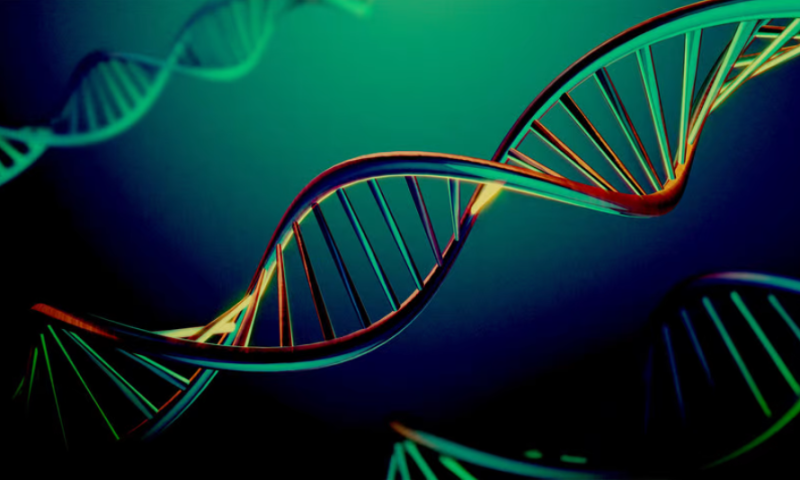Pacific Biosciences raised the curtain on two DNA sequencers: its first short-read device, designed to offer new competition to the industry giant Illumina, as well as a machine poised to be an upgrade over its current long-read hardware.
The latter, the Revio system, will be capable of parsing long strings of genetic code with the capacity to read more than three human genomes per day on average at a cost of less than $1,000 apiece.
It will be geared toward large-scale studies involving human genetics as well as research into cancer and agricultural genomics, the company said in its announcement, citing a throughput of up to 1,300 whole genomes per year delivered at 30x coverage.
PacBio describes the sequencer as an improvement over its current high-capacity Sequel IIe long-read hardware. Though both rely on what the company has dubbed HiFi sequencing, the Revio includes a redesigned single-molecule, real-time cell—or SMRT cell—offering a threefold increase in density, while requiring 50% fewer consumable reagents compared to the company’s previous equipment.
Revio will run up to four of these new SMRT cells in parallel, providing a total of up to 100 million tiny wells across their surfaces that can immobilize individual DNA molecules for analysis simultaneously.
At the same time, Revio will be PacBio’s first sequencer to employ NVIDIA GPUs, which will bring a 20-fold increase in computing power compared to the Sequel IIe. The end result is a system that can deliver shorter run times and a 15-fold increase in data, the company said.
The device’s software will also tap into artificial-intelligence-powered algorithms that will allow the cataloging of a DNA strand’s methylation structure from standard sequencing. In addition, it will employ DeepConsensus, a deep learning method developed through a partnership with Google Health to help improve the accuracy of PacBio’s HiFi chemistry—a project that was announced this past January at the J.P. Morgan Healthcare Conference.
Meanwhile, PacBio’s upcoming Onso short-read system is designed to serve as a bench-top device compatible with “the rich ecosystem of products currently available for short-read sequencers,” the company said in its announcement. It is expected to deliver 500 million reads per run and allow researchers to process samples with more flexibility compared to long-read approaches.
PacBio picked up this short-read technology, dubbed sequencing-by-binding, through its $800 million acquisition of Omniome, which closed in September 2021.
The Onso device will allow PacBio to offer native short- and long-read sequencing technologies as it continues to compete with Illumina, which this past year has begun pitching its new longer-read DNA sequencing capabilities that can run on its currently installed base of about 20,000 machines.
Announced earlier this year as Infinity and recently renamed Illumina Complete Long-Reads, with a launch date in 2023, the updated library prep system is designed to deliver contiguous data up to 10 kilobase pairs in length to help sequence the remaining 5% of the genome that has historically posed an obstacle to short-read machines. Last month, Illumina also debuted its NovaSeq X series of instruments, which the company said can deliver a whole human genome for about $200.
PacBio’s Onso system has entered beta testing at three locations including the Broad Institute of MIT and Harvard, Corteva Agriscience and Weill Cornell Medicine. The company said it plans to begin taking orders next year, at a list price of $259,000 per system, and aims to start shipments before the end of June 2023.
The Revio system, meanwhile, is available at $779,000, with deliveries slated for the first quarter of next year.

